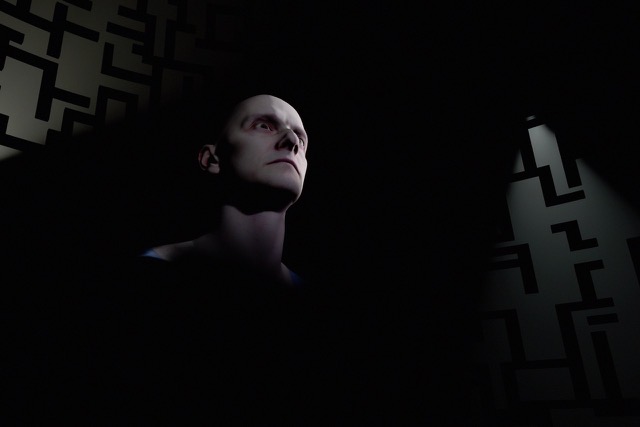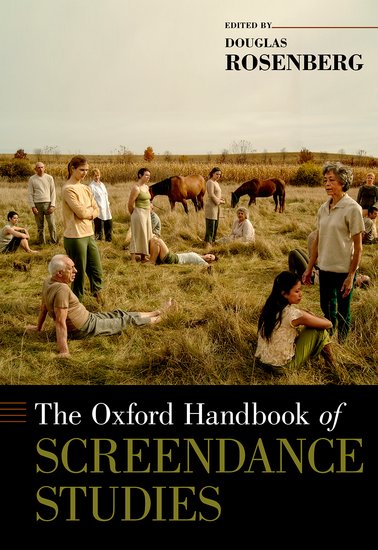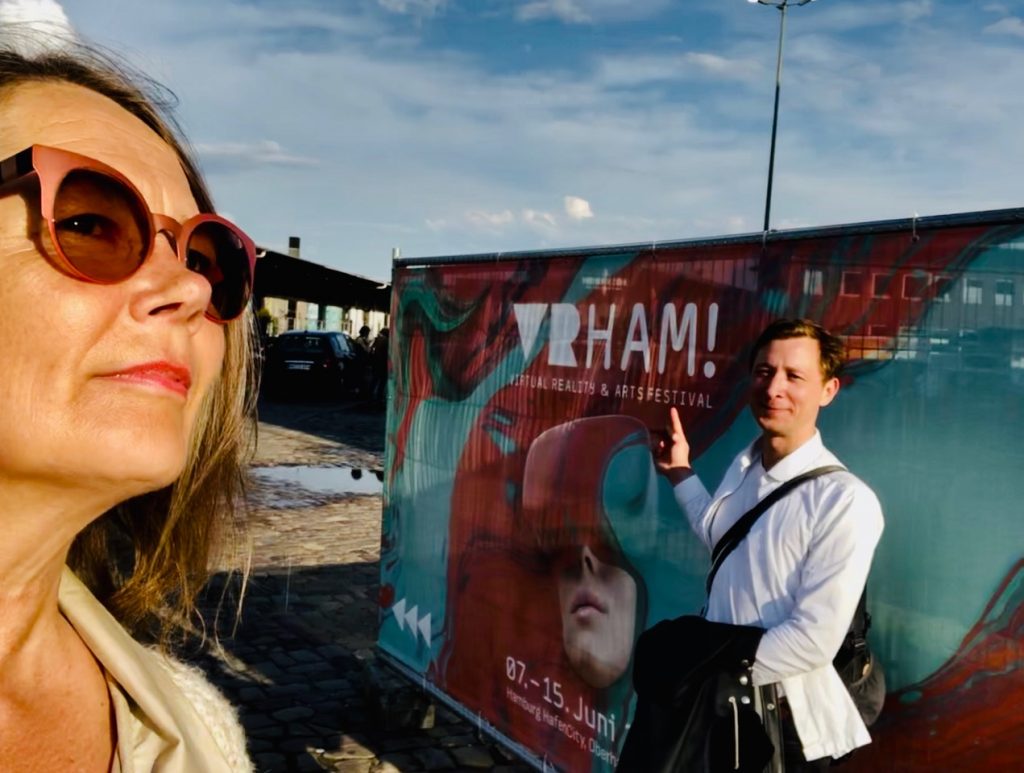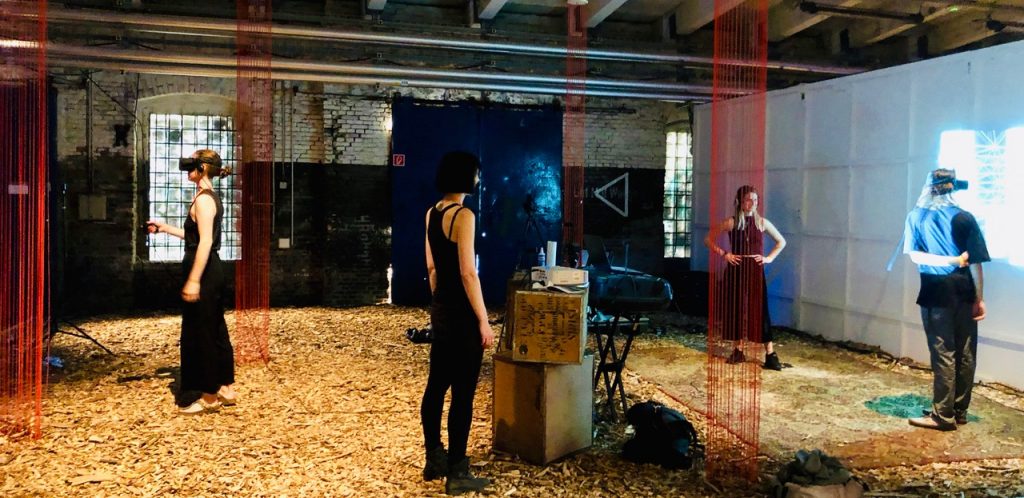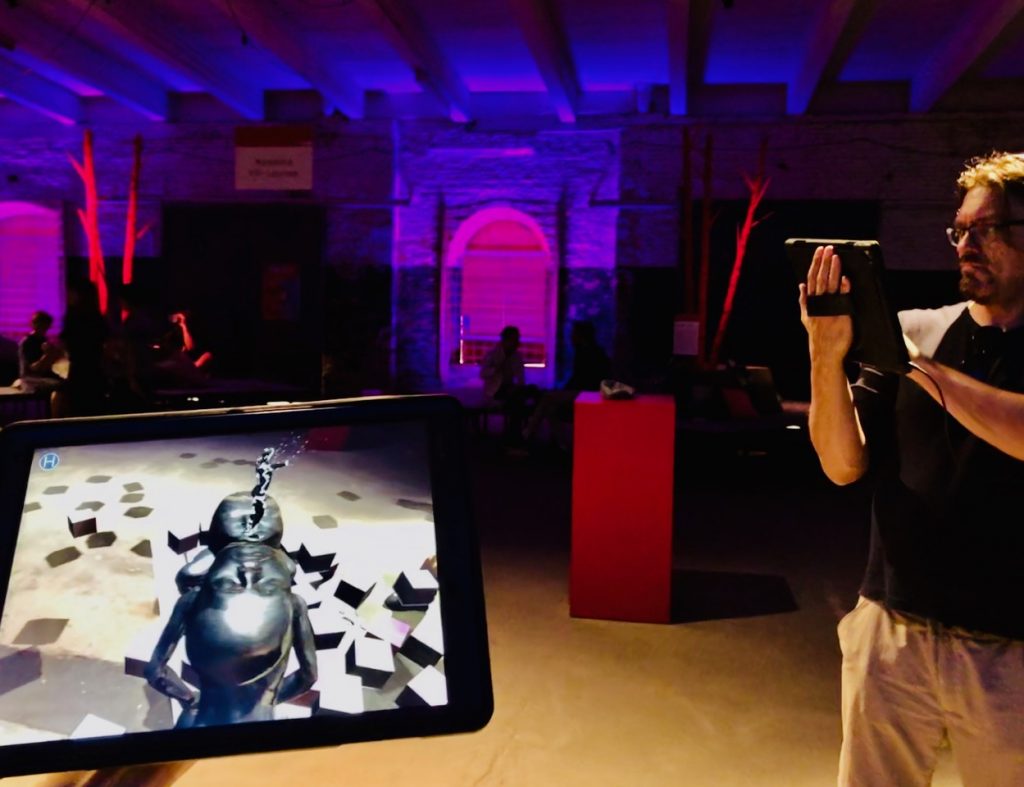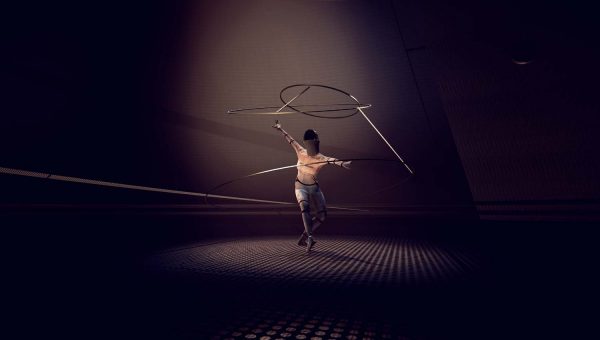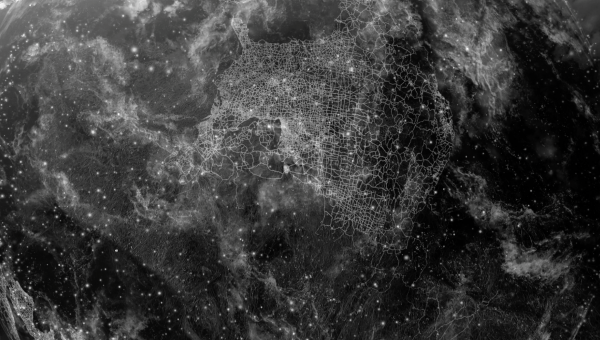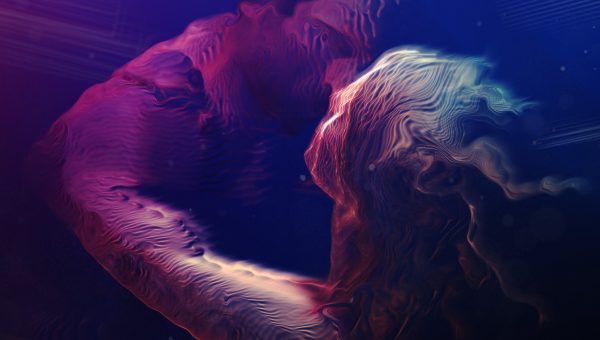FULL PROGRAM
See below
NETWORK PROJECT-FORECAST PRO&CONTRA
«MEDIA ART 2020–2040»
MediaArtLab is celebrating the 20th anniversary of the PRO&CONTRA network project «MEDIA ART 2020–2040», which will bring together the pioneers of the world media art in the format of discussions-forecasts and online exhibition.
FULL PROGRAM
DECEMBER 16, 7 PM (GMT+3)
Round table “Media Art: Communication Shaping the Future”
DECEMBER 16, 9 PM (GMT+3)
Opening of the online exhibition “back forward rewind” on the website mediaartlab.ru
DECEMBER 18, 7 PM (GMT+3)
Round table “The Art of Moving Images Today and Forever”
DECEMBER 18, 9 PM (GMT+3)
Zoom-party in honor of the 20th anniversary of MediaArtLab
DECEMBER 16 /// 7 PM (GMT+3)
Round table
Media Art: Communication Shaping the Future
Together with the growth of the Internet, the end of the 20th century brought us new forms of art that explore how technologies changed our world and, more importantly, how a man changed. It is only logical that this new art could exist in the digital sphere only and use most experimental developments as its instruments.MediaArtLab came to be as a platform that started to look for a way to communicate with such art, to explain it to the audience, to help professionals speak the same language with artists, who use radically different aesthetic criteria. Now that digitalization of culture has become a common place, it seems symbolic to celebrate the anniversary of the MediaArtLab with a discussion on the subject that was topical the year it was born and became pretty much the most crucial for art today.What impact does the media have on our ability to communicate without distortion of a meaning? What limitations can we never overcome neither in virtual reality nor in imaginative spaces? What is going to happen to freedom of speech on the Internet of late capitalism in five or more years?
Moderators: Anna Bouali (Russia), curator, producer for MediaArtLab; Arjon Dunnewind (The Netherlands), artist, researcher, founder of the IMPAKT festival.
Participants: Luchezar Boyadjiev (Bulgaria), Dmitry Bulatov (Russia), George Drivas (Greece), Marina Gržinić (Slovenia), JODI (Belgium), Almagul Menlibayeva (Kazakhstan), Alexey Shulgin (Russia), Rasa Šmite and Raitis Šmits (Latvia), Olga Shishko (Russia), Andrey Velikanov (Russia).
The event will be held in Zoom in Russian and English with simultaneous translation. If you want to use the translation, please, register via: https://mediaartlab-org.timepad.ru/event/1505842/. If you do not need the translation, please, join the broadcast on the website of the project.
MEDIAARTLAB.RU
«MEDIA ART 2020–2040»
DECEMBER 18 /// 7 PM (GMT+3)
Round table The Art of Moving Images Today and Forever
The most important project of the MediaArtLab is the Media Forum, a festival consistently exploring contradictions and interconnections of cinema and video art which have undergone a serious revision in 2020 with the transfer of all cultural activity to the network. It turned out that both cinema and video are watched the same way now: on a computer sitting on a sofa. We now have the audience from all the corners of the world that we have never been aiming for — together with a tactile hunger and general screen fatigue. It seems that now it is the time to talk about the art of moving images — what it has become and what it will be in the future. How do we re-define our cultural life in isolation in the light of restrictions? Will there appear new online-cinemas that expand our experience of the moving image and bring us back the experience of care and touch? Great epidemics, pandemics and wars have always come together with dramatic changes in art, what changes can we expect due to COVID-19? What representations of isolated body and sickness can be found in the moving image? What are the formal and imagined strategies adopted by the artists of the past and present to reflect the conditions of the pandemic? Will we succeed in slowing down the flow of images that overwhelms us?
Moderator: Olga Shishko (Russia), curator, founder of the MediaArtLab.
Participants: Martin Honzik (Austria), Erkki Huhtamo (Finland/USA), Boris Debackere (Belgium/Netherlands), Olesya Turkina (Russia), Andrey Velikanov (Russia), Miloš Vojtěchovský (Czech Republic), Peter Weibel (Austria), Olia Lialina (Russia), Christa Sommerer (Austria) and Laurent Mignonneau (France), Bjørn Melhus (Germany/Norway), Shelly Silver (USA), Raymond Bellour (France), Kathy Rae Huffman (USA), Alexandra Dementieva (Russia/Belgium), Pia Tikka (Finland).
The event will be held in Zoom in Russian and English with simultaneous translation. If you want to use the translation, please, register via: https://mediaartlab-org.timepad.ru/event/1505852/. If you do not need the translation, please, join the broadcast on the website of the project.
NETWORK PROJECT-FORECAST PRO&CONTRA
Online-exhibiiton “back forward rewind”
It is quite symbolic that—due to obvious reasons—the anniversary exhibition of MediaArtLab takes place online, in the virtual space. After all, the lab was established in the 1990s precisely for exploring and conceptualizing the digital environment, which has been engulfing humanity deeper and deeper. As an open platform, MediaArtLab has built an international community of artists and invites them to reflect on the new reality today. “back forward rewind” is an in-depth review of themes and artistic methods developed by MediaArtLab over twenty years of its work, a lens to convey the artists’ view of the past, the future, and back to the present. Among them are utopias, environmental problems, anxiety, and dreams. The exhibition title suggests a free surfing through artworks—as if they were frames of an elusive fluid world,—and through imagination of the artists, each of them having contributed to the image of contemporary media art.
Participants: Tanya Akhmetgalieva (Russia), The Blue Soup (Russia), Alexandra Dementieva (Russia/Belgium), George Drivas (Greece), Omer Fast (Israel), William Hooker and Phill Niblock (USA), JODI (Belgium/The Netherlands), Sergey Kishchenko (Russia), Olia Lialina (Russia), Katherine Liberovskaya (Canada/USA), Bjørn Melhus (Germany/Norway), Almagul Menlibayeva (Kazakhstan), Csaba Nemes (Hungary), Marnix de Nijs (The Netherlands), Kenji Ouellet (Canada/Germany), Shelly Silver (USA), Rasa Šmite and Raitis Šmits (Latvia), Christa Sommerer and Laurent Mignonneau (Austria/France), Eve Sussman and Simon Lee (USA), Miloš Vojtěchovský (Czech Republic), Martin Zet (Czech Republic).
The exhibition will be available on the website mediaartlab.ru from 21:00 (GMT + 3) December 16, 2020 to January 10, 2021
MEDIAARTLAB.RU
«MEDIA ART 2020–2040»
DECEMBER 18 /// 9 PM (GMT+3)
Zoom-party
Right after the end of the round table, Zoom will become a venue to congratulate MediaArtLab on its anniversary, to exchange memories, hopes and greetings from different parts of the world. The central theme of the party is a reunion of old friends and partners. There will be no strict regulations and rules, but there will be live interventions of people united by art and the network. Master of Ceremonies: Olesya Turkina (Russia). Among the special projects of the party are:
Olia Lialina /// Best Effort Network (2015/2020)
The piece reveals the process of sending and receiving datasets over computer networks. In her work, Olia is riding a carousel, and if the vision disappears, it means that the site (best.effort.network) is loaded on another browser. Olia will appear again when it is your device’s turn to receive the dataset. Zoom-performance will make the process of migration of information, images, and viewer’s attention visible. Each partier can offer his/her window to the artist to wander around…
Tanya Akhmetgalieva /// Masks (2020)
Creative thinking is like a filter an artist uses to perceive the reality. This is the way Van Gogh’s famous coloristic vision worked, and the same way new media artists use media as a lens to refract and reflect digital images. Tanya’s works create a distinctive psychedelic universe that one can try on during the party. Her masks can be put on and took off during the party, or they can be exchanged and used to distinguish like-minded people and push the limits of ordinary… Was not it the main reason for inventing the parties?
Andrei Silvestrov /// Jubilee Romance (2020)
Music by Iraida Yusupova with lyrics by Mirkakson (Russian for Life as a Dream)
A musical tribute to the anniversary of the MediaArtLab and to the memory of Vladislav Mamyshev-Monroe.“Jubilee is the main word to define the late Soviet times. When we were kids, everything was “jubilee”—avenues, restaurants, gastronomes, cookies. But it was usually unclear whose and what’s jubilee it was. The piece combines different states of mind: nostalgia for the childhood, horrors of the diluted consciousness of the late Soviet era and acute feeling of inconsistency between a vibrant institution that is the MediaArtLab and a charnel notion of Jubilee”. Andrei Silvestrov
Vladislava Berezina, Marina Blinova, Anastasia Korotkova, Evgeny Kruglov, Svyatoslav Oleinik, Maria Romanova, Alexey Shulgin /// Discrete Therapy (2020)
Under new circumstances, we are looking for a language of safe cooperation. Having reconsidered musical improvisation, Alexei Shulgin and a team of musicians exposed therapeutic aspects of an improvisational act, in which the image of a musician (composer) finally dissolves into the stream of network sound. Interaction based on the intuition—established in the process of music-making—calls into question the notion of authorship and audience participation: each participant of the sessions is invited to take on the role of both a musician and a sensitive listener.
All the instructions for online-performances will be shared with the registered participants shortly before the party.
NETWORK PROJECT-FORECAST PRO&CONTRA
MEDIAARTLAB.RU
The project is supported by Trust For Mutual Understanding
Contact: mediaartlab@mediaartlab.ru
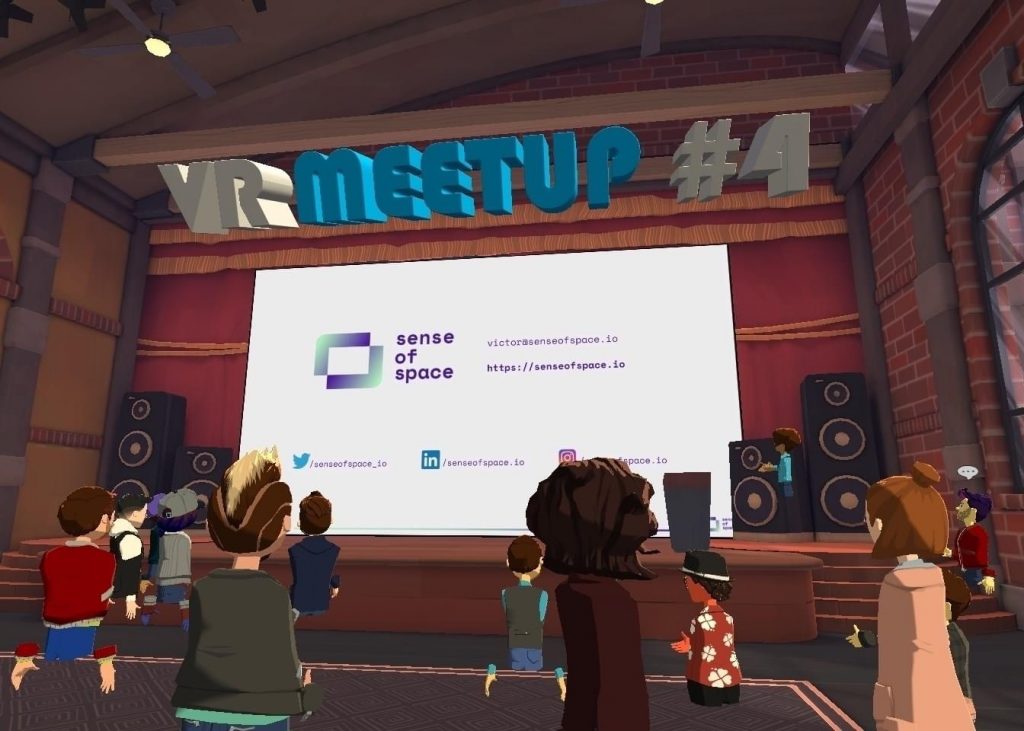
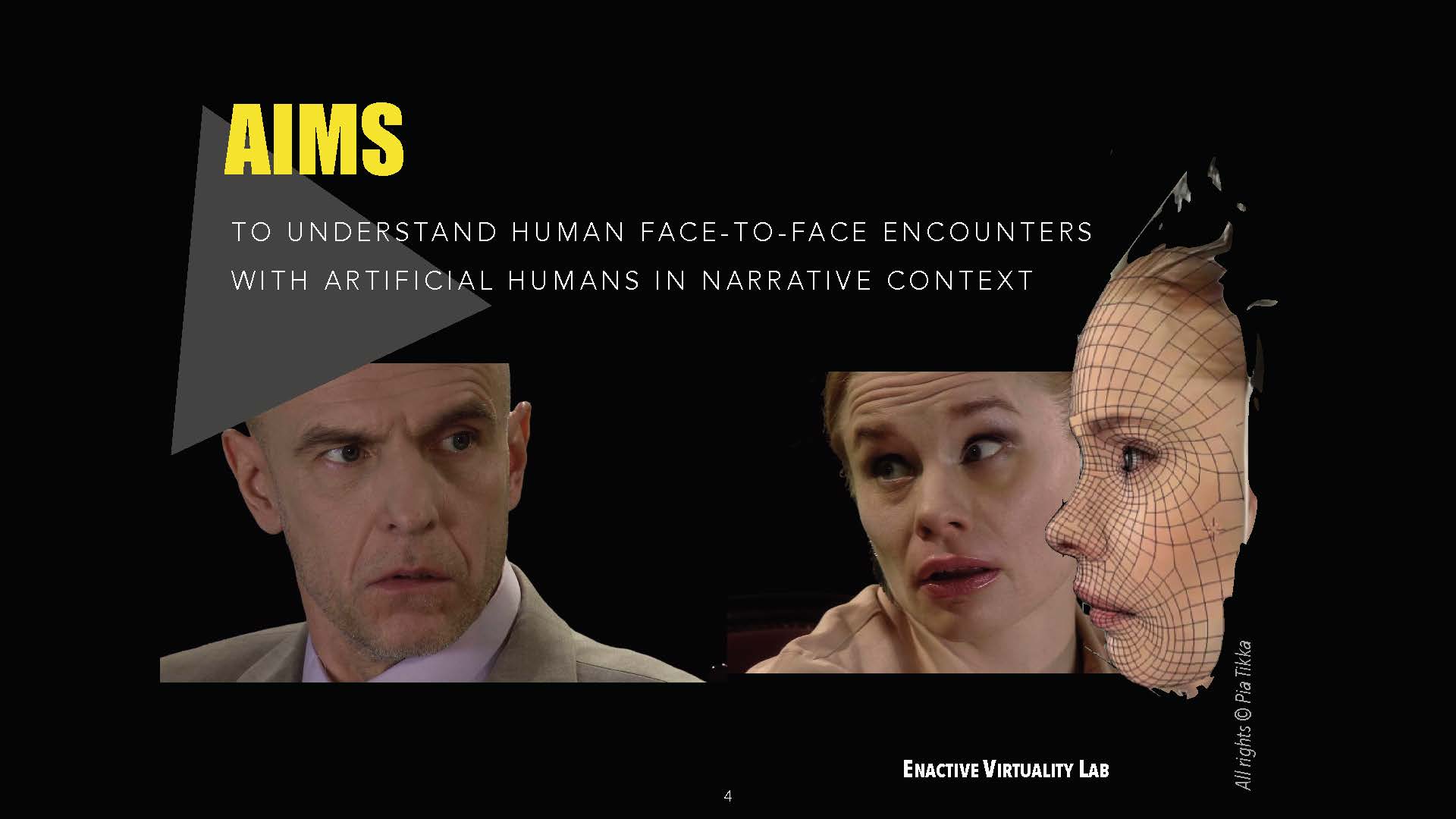
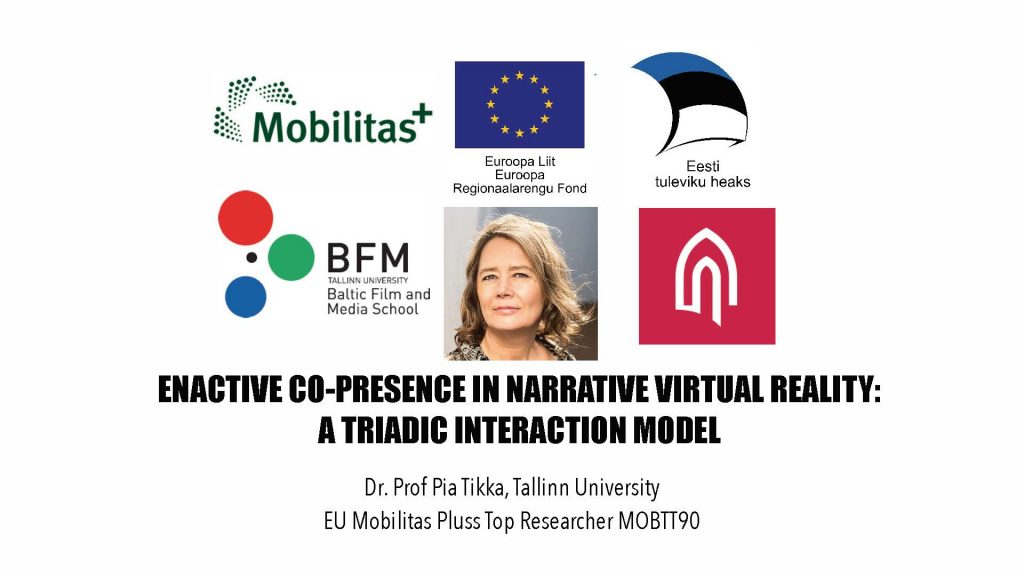
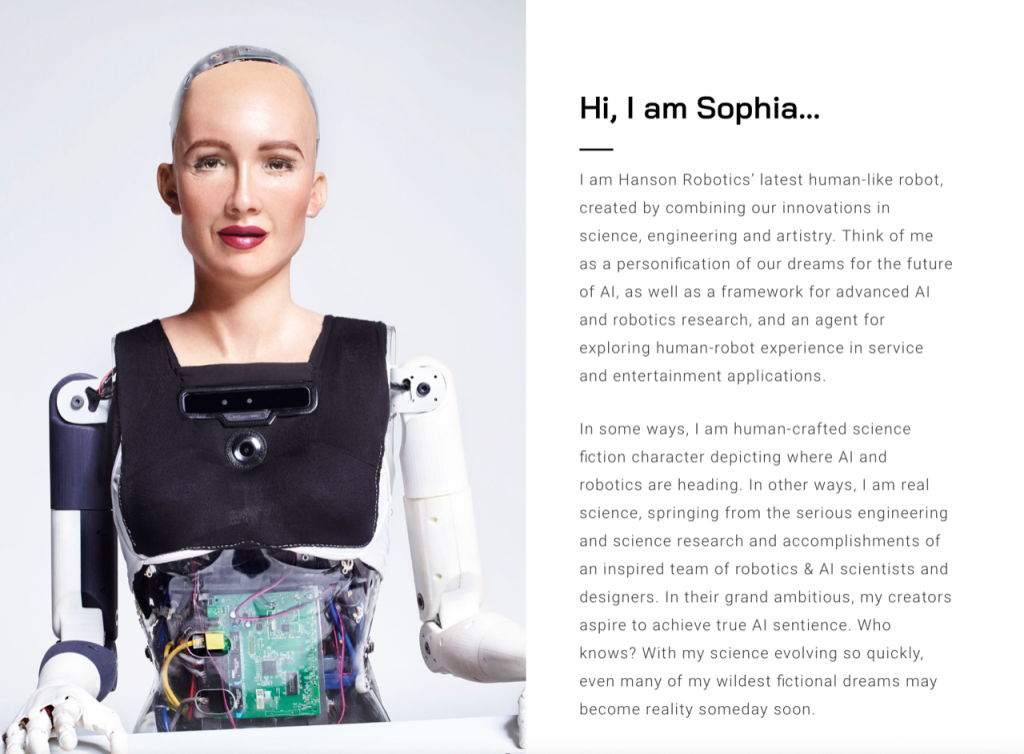
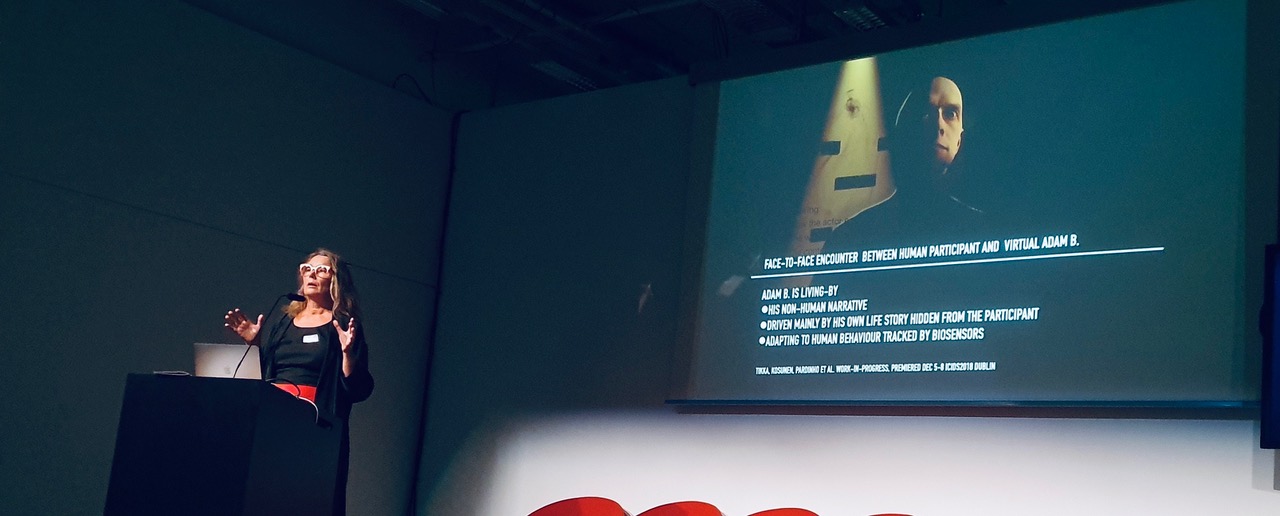
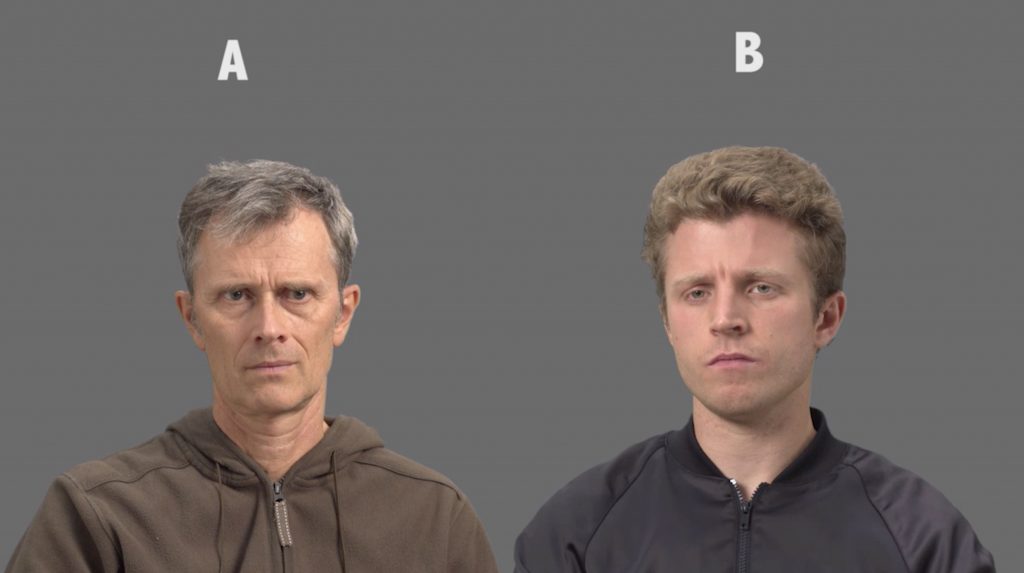
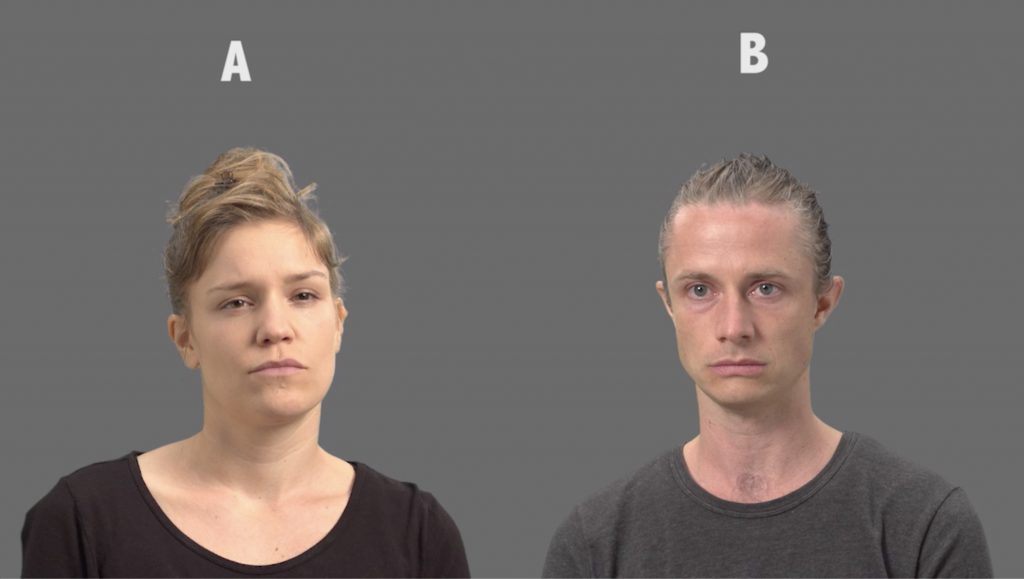
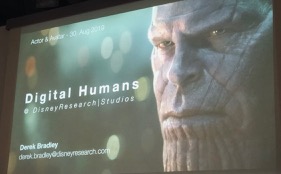
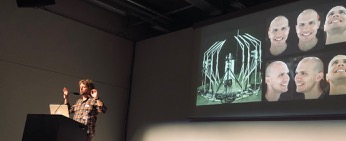
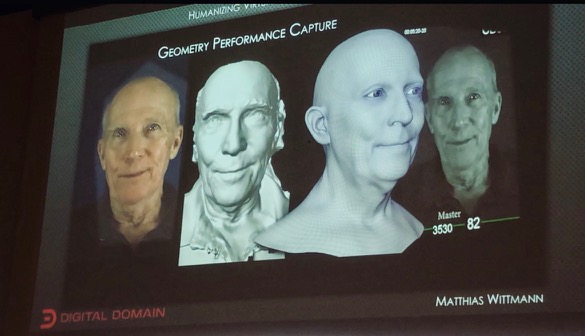
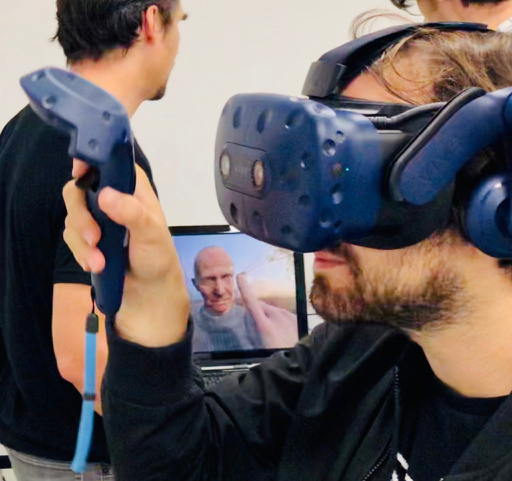
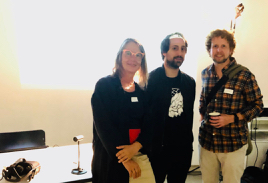 Industry engagement: Derek Bradley, Walt Disney Research Studio Zürich was one of the enactive experienters of facing Adam B in the State of Darkness. Here with Pia Tikka and Victor Pardinho (
Industry engagement: Derek Bradley, Walt Disney Research Studio Zürich was one of the enactive experienters of facing Adam B in the State of Darkness. Here with Pia Tikka and Victor Pardinho (